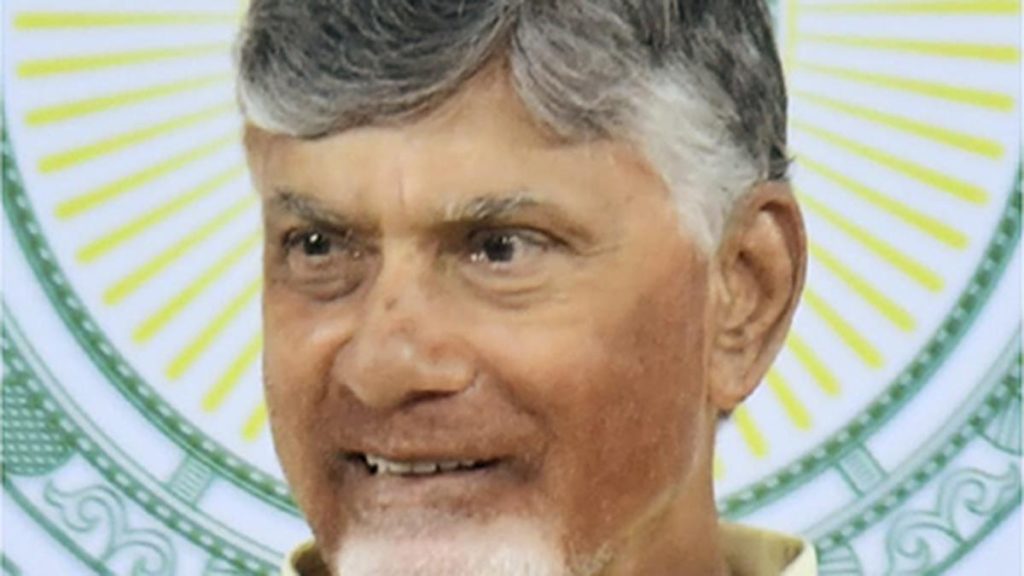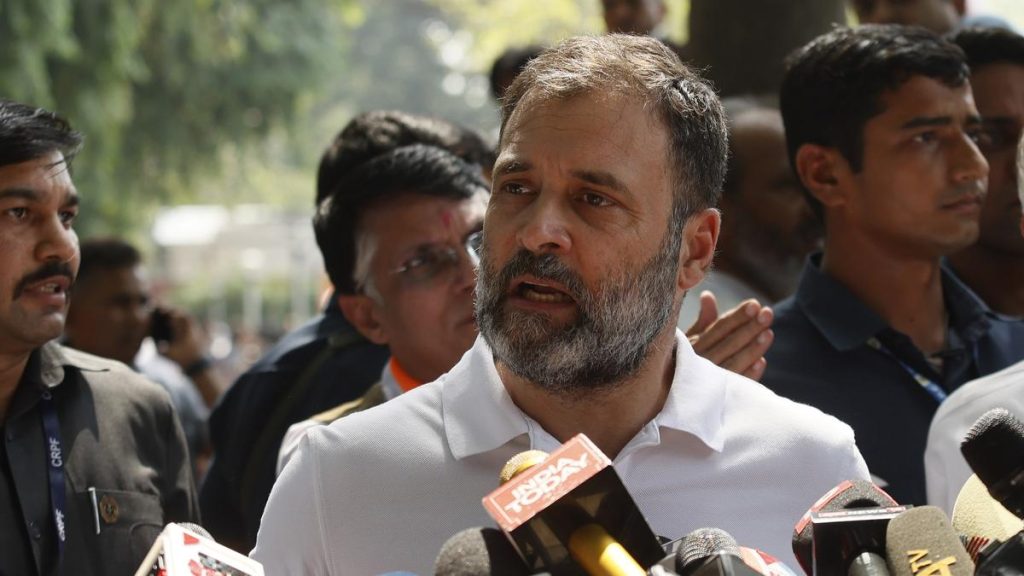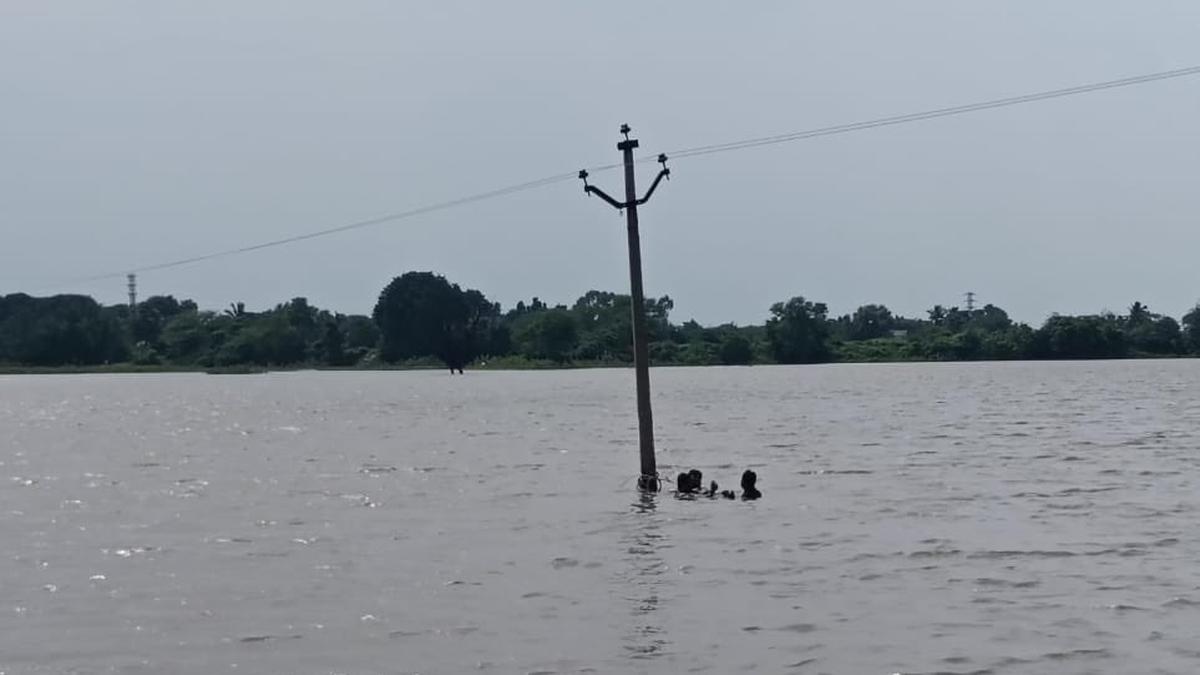Now Reading: SC to Form Search Committee for V-C Appointments at Kerala’s APJ Abdul Kalam and Digital Universities
-
01
SC to Form Search Committee for V-C Appointments at Kerala’s APJ Abdul Kalam and Digital Universities
SC to Form Search Committee for V-C Appointments at Kerala’s APJ Abdul Kalam and Digital Universities

Rapid summary
- The Supreme court of India has intervened in the dispute between Kerala’s Governor, acting as Chancellor of universities, and the State government concerning the formation of a search committee to appoint Vice-chancellors for APJ Abdul kalam Technological University (KTU) and Digital University Kerala (DUK).
- A Bench comprising Justice J.B. Pardiwala and Justice R. Mahadevan stated it would appoint a five-member search committee.
- both parties, the Governor and State government, were instructed to submit four names each by August 14 for consideration on the search panel. The fifth member will be nominated by the University Grants Commission (UGC).
- Justice Pardiwala emphasized that regular V-Cs must be appointed instead of interim ones.
- Kerala High Court had previously quashed temporary appointments made by the Governor without consulting the State government. Attorney General R. Venkataramani defended these interim nominations as procedurally correct.
- Senior advocates representing Kerala argued that unilateral appointment decisions violate Section 13(7) of the Technological University Act and compromise federal principles in education governance.
Indian Opinion Analysis
the intervention by India’s Supreme Court highlights ongoing tensions over governance protocols within institutions where education is governed under concurrent powers shared between States and the Center. While both sides have legal arguments rooted in procedural propriety-the Governor seeking administrative efficiency through interim appointments,versus kerala asserting its proposal prerogative-the judiciary’s decision to broker consensus via an impartial search committee demonstrates a measured response aimed at preserving institutional integrity without escalating political discord.
This case underscores broader challenges associated with balancing local autonomy against constitutional mandates related to federalism in India’s higher education system. With UGC involvement in this process, it reinforces attempts toward harmonizing stakeholder interests while safeguarding neutrality essential for academic leadership roles.

























